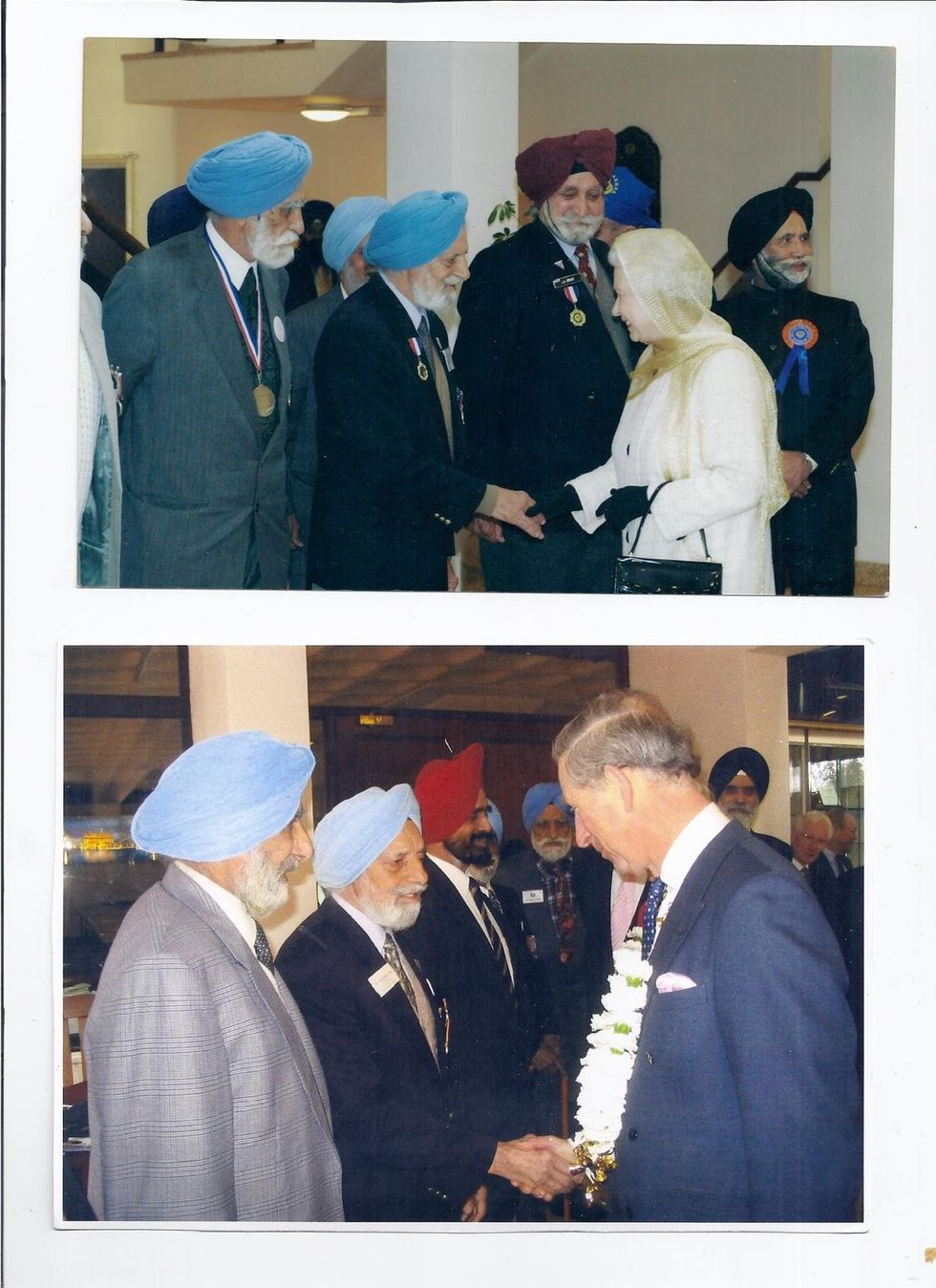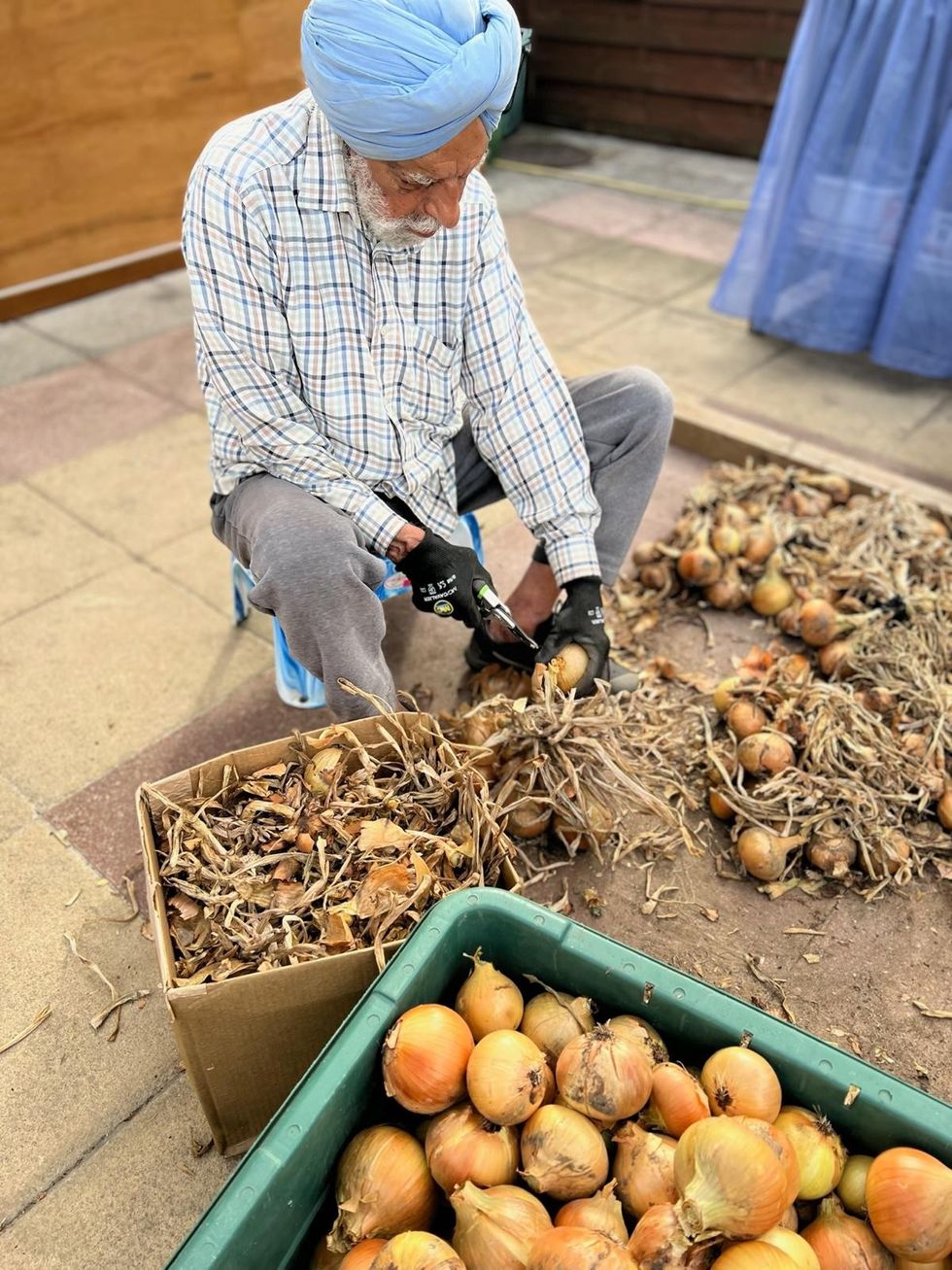TWO Indians are among winners of the “Green Oscars”, for their efforts in the field of animal and bird conservation in the country.
Sanjay Gubbi won the award for his work to protect Karnataka's tiger corridors, and Purnima Barman for creating an all-female network to save the Greater Adjutant stork, known in India as Hargila, and its wetland habitat in Assam.
The Whitley Fund for Nature is a UK-based charity that works to highlight grassroots leaders in nature conservation across the developing world.
The two Indians are among six global winners, whose names were announced in London today (17).
Each winner receives £35,000 prize money in project funding over one year.
"This is a life-changing event for my team. It is a dream of every conservationist to win this award and the prize money will go a long way in expanding our Hargila Army network," said Barman, who got attracted to the project while she worked on her PhD in Kamrup district of Assam.
The Hargila storks are large scavenger birds with a global population of just 1,200, 75 per cent of which are found in Assam.
Through her NGO Aaranyak, Barman has mobilised her all-female local network who weave traditional Assamese scarves and saris that are then sold to raise funds for the conservation project.
"With this award money, we plan to scale up this work, encouraging households in the region to take pride in the species and protect the birds and their nesting trees," she said.
Gubbi quit his job as an electrical engineer to work with nature and wildlife.
In 2012, working with the Karnataka government, he secured the largest expansion of protected areas for the conservation of tigers in his state.
"Karnataka is home to the highest number of Bengal tigers in India and in 2015 the figure stood between 10 and 15. Our hope is to take it up to 100 over the next few years but this can only be done through working with the community," he said.
With his award money, Gubbi hopes to reduce deforestation in two important wildlife sanctuaries which connect several protected areas and act as corridors for tigers, allowing them to move between territories.
The community focus will be around the provision of fuel-efficient stoves to reduce the reliance on firewood collection from the habitat of the tigers and save lives all round.
"The awards are about recognising progress, winning those small battles which cumulatively equate to change at the national level. In addition to the financial benefit of winning the award, winners receive professional communications training to turn scientists into ambassadors," said Edward Whitley, founder of the Whitley Fund for Nature, which set up the awards 24 years ago.
The other winners of this year's awards include Indira Lacerna-Widmann from the Philippines for her project of partnering with prisoners to safeguard the critically endangered Philippine cockatoo.
Ian Little from South Africa for working on restoring grassland biodiversity; Alexander Blanco from Venezuela for conserving the Venezuelan Harpy Eagles and Ximena Velez-Liendo from Bolivia for working on the co-existence of Andean bears and farmers in the Bolivian mountains.
This year's winners will be honoured at an event at the Royal Geographic Society in London tomorrow and receive their awards from Princess Anne, a patron of the charity.
The £210,000 prize money, which is divided between the winners, is donated by the World Wide Fund UK (WWF-UK).



















 Dhatt with sons Jasvinder and Parminder
Dhatt with sons Jasvinder and Parminder Dhatt as a young soldier
Dhatt as a young soldier Dhatt with the then Prince of Wales, and the late Queen
Dhatt with the then Prince of Wales, and the late Queen Dhatt gardening at home
Dhatt gardening at home Dhatt with his granddaughter Amrit
Dhatt with his granddaughter Amrit